
India's #1 Certified MongoDB Course Training Institute in Bangalore with 100% JOB Guarantee
MongoDB is a popular open source database based on NoSQL approach. It is recognized for its speed and flexible since it plays on a document format. MongoDB Training at Thinkworks encompasses introduction of MongoDB, installation, configuration, indexing and security among other issues.
This database allows great flexibility to use and store data as it handles documents in a free schema design. This course is valuable for database administrators, database professionals, system administrators, System Analysts, Project Managers and Software Developers/Testers.
Apply for FREE Course Talent Test
Course Objectives
MongoDB certification course makes you job-ready by helping you master data modeling, ingestion, query, sharding, and data replication with MongoDB, along with installing, updating, and maintaining the MongoDB environment. You will also gain proficiency in MongoDB configuration and backup methods as well as monitoring and operational strategies.
Duration | 40 hours
Prerequisites
Should have prior knowledge of programming (in any language), Linux based systems, and SQL
Things you will learn
We help our students at every stage, from the start of a course to the actual skill-building technique. Our curriculum covers the following.
NoSQL Database Introduction
- What is NoSQL? Why NoSQL?
- Difference Between RDBMS and NoSQL Databases
- Benefits of NoSQL Types of NoSQL
- Key-Value Database | Document Database | Column-Based Database | Graph Database
- CAP Theorem
- Mongo DB as Per CAP
A Database for the Modern Web
- What is MongoDB? JSON
- BSON
- MongoDB Structure
- Document Store Example
- MongoDB as a Document Database
- Transaction Management in MongoDB Easy Scaling
- Scaling Up vs. Scaling Out
- Vertical Scaling and Horizontal Scaling
- Features of MongoDB Secondary Indexes Replication
- Memory Management
- Replica Set
- Auto Sharding
- Aggregation and MapReduce Collection and Database Schema
- Design and Modeling Reference Data
- Model Embedded Data Model
- Data Types
- Core Servers of MongoDB MongoDB’s Tools
- MongoDB Installation
- Use Cases
CRUD Operations in MongoDB
- Data Modification in MongoDB
- Batch Insert in MongoDB
- Ordered Bulk Insert and Unordered Bulk Insert
- Inserts: Internals and Implications
- Retrieving the documents
- Specify Equality Condition
$in “AND” Conditions
$or Operator - Specify AND/OR Conditions
- Regular Expression
- Array Exact Match
- Array Projection Operators
- $Where Query Cursor Pagination
- Advance Query Option
- Update Operation
$SET
$Unset and $inc Modifiers
$Push and $addToSet Positional - Array Modifications Upsert
- Removing Documents
Indexing and Aggregation
- Introduction to Indexing
- Types and Properties of Index
Sort - Order Text Indexes
- Text Search Index Creation
- Index Creation on Replica Set
- Remove, Modify, and Rebuild Indexes
- Listing Indexes
- Measure Index Use Control Index Use
- Index Use Reporting Geospatial
- Indexes
- MongoDB’s Geospatial Query
- Operators
$GeoWith Operator - Proximity Queries in MongoDB Aggregation
- Pipeline Operators and Indexes
- Aggregate Pipeline Stages MapReduce
- Aggregation Operations
Replication and Sharding
- Introduction to Replication Master-Slave Replication Replica Set in MongoDB Automatic Failover
- Replica Set Members
- Write Concern
- Write Concern Levels
- Write Concern for a Replica Set
- Modify Default Write Concern Read Preference
- Read Preference Modes Blocking for Replication Tag Set
- Configure Tag Sets for Replica set
- Replica Set Deployment Strategies
- Replica Set Deployment Patterns Oplog File
- Replication State and Local Database
- Replication Administration
- Sharding
- When to Use Sharding? What is a Shard?
- Choosing a Shard Key
- Range-Based Shard
- Key Hash-Based Sharding
- Impact of Shard Keys on Cluster Operation
- Production Cluster Architecture
- Config Server Availability Production
- Cluster Deployment Add Shards to a Cluster
- Enable Sharding for Database and a Collection Maintaining a Balanced Data Distribution
- Splitting Chunk Size and Type
Shard Balancing - Customized Data Distribution with Tag Aware Sharding
Developing Java and Node JS Application with MongoDB
- Capped Collection
- TTL Collection Features
- GridFS
- MongoDB Drivers and Client Libraries
- Develop Java Application with MongoDB
- Connecting to MongoDB from Java
- Program Create Collection From Java Program
- Insert Documents From Java
- Program Retrieve Documents Using Java Code Update Documents Using Java Code Delete Documents Using Java Code
- Store Images Using GridFS API
- Retrieve Images Using GridFS API
- Remove Image Using GridFS API
- Connection Creation Using Node JS
- Insert Operations Using Node JS
- Update Operations Using Node JS
- Retrieve Documents Using Node JS
- Using DB Cursor to Retrieve
- Documents Mongoose ODM Module in Node JS Defining Schema Using Mongoose
Administration of MongoDB Cluster Operations
- Capped Collection
- TTL Collection Features
- GridFS
- Memory-Mapped Files Journaling
- Mechanics Storage Engines
- Power of 2-Sized Allocations
- No Padding Allocation Strategy
- Diagnosing Performance Issues
- Optimization Strategies for MongoDB
- Configure Tag Sets for Replica Set
- Optimize Query Performance
- Monitoring Strategies for MongoDB
- MongoDB Utilities
- MongoDB Commands
- MongoDB Management Service
- (MMS) Data Backup Strategies in MongoDB
- Copying Underlying Data Files
- Backup with MongoDump
- Fsync and Lock
- MongoDB Ops Manager Backup
- Software Security Strategies in MongoDB Authentication
- Implementation in MongoDB
- Authentication in a Replica Set
- Authentication on Sharded Clusters Authorization
- End-to-End Auditing for Compliance
Module 10: Collections
- namedtuple()
- deque
- ChainMap
- Counter
- OrderedDict
- defaultdict
- UserDict
- UserList
- UserString
Module 11: Writing GUIs in Python (Tkinter)
- Introduction
- Components and Events
- An Example GUI
- The root Component
- Adding a Button
- Entry Widgets
- Text Widgets
- Check buttons
Module 12: Python SQL Database Access
- Introduction
- Installation
- DB Connection
- Creating DB Table
- INSERT, READ, UPDATE, DELETE operations
- COMMIT & ROLLBACK operation
- Handling Errors
Module 13: Network Programming
- Introduction
- A Daytime Server
- Clients and Servers
- The Client Program
- The server Program
Module 14: Date and Time
- Sleep
- Program execution time
- More methods on date/time
Module 15: Few more topics in-detailed
- Filter
- Map
- Reduce
- Decorators
- Frozen set
- Collections
Module 16: Regular Expression
- Split
- Working with special characters, date, emails
- Quantifiers
- Match and find all
- Character sequence and substitute
- Search Method
Module 17: Threads ESSENTIAL
- Class and threads
- Multi-threading
- Synchronization
- Treads Life cycle
- use cases
Module 18: Accessing API ESSENTIAL
- Introduction
- Facebook Messenger
- Openweather
Module 19: DJANGO
- Django Overview
- Django Installation
- Creating a Project
- Usage of Project in depth Discussion
- Creating an Application
- Understanding Folder Structure
- Creating a Hello World Page
- Database and Views
- Static Files and Forms
- API and Security
Program
- Live Project
IT Information Technology Courses Offered By EduCADD Thinkworks
A Full Stack Web Developer course typically covers both front-end and back-end technologies, along with other relevant skills. These courses often include HTML, CSS, JavaScript, and popular front-end frameworks like React or Angular for the front-end, as well as server-side languages like Node.js, Python, or Java for the back-en
India's #1 Programming Language Coaching Center
Why Choose EduCADD Training Centre ?
100% JOB Guarantee
FEE Instalment
Experienced Lectures
Real Time Projects
One-to-One Training
Smart Classrooms
135+ Branches India
Online and Offline
Our Placement Partners

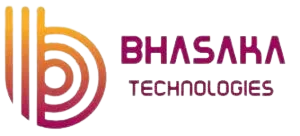
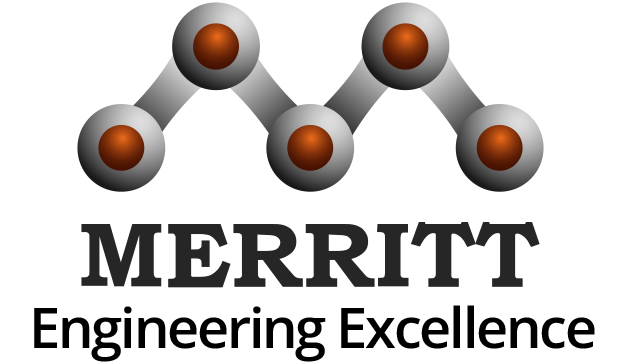






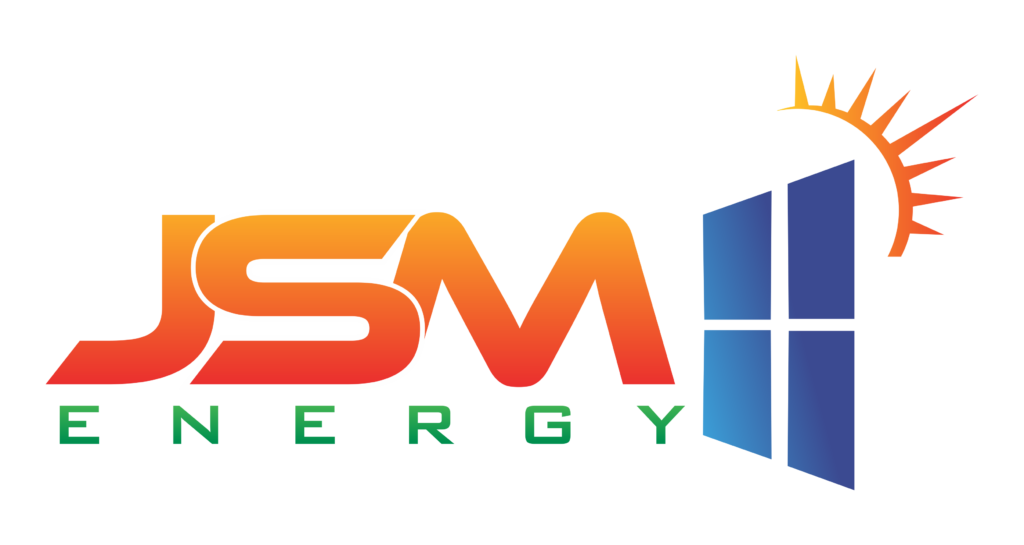

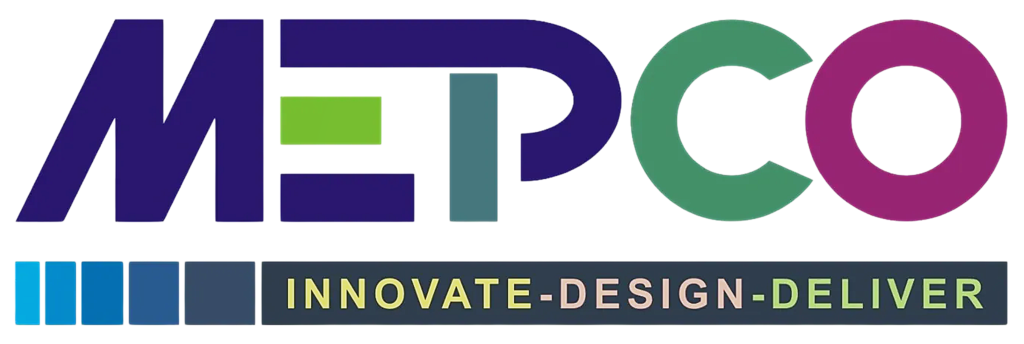




What Our Student Say About EduCADD

Get FREE COURSE & JOB Details
Get FREE Experienced Consultation for JOB and Course +91 98455 60303
Quick Links
Reach Us
- Phone Number : +91 98455 60303
- Mail : contact@educaddcentre.com
- Adress : 9th Main Rd, SBI Staff Colony, Hoshalli Extension, Stage 1, Vijayanagar, Bengaluru, Karnataka 560040
Copyright © Edu CADD Center Bangalore 2024 All rights Reserved
















